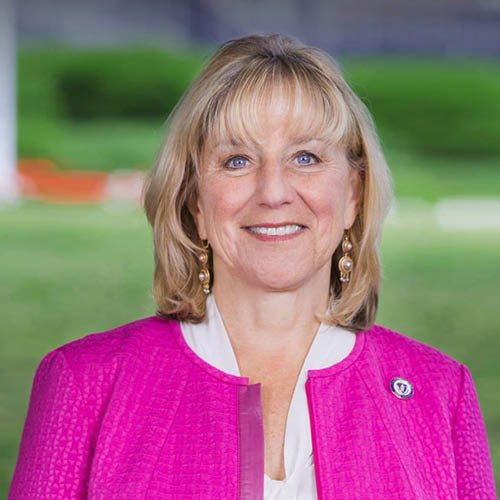How will Massachusetts look post-COVID? Senate creates committee to explore expected changes

Colin A. Young | State House News Service | February 11, 2021
Looking beyond the state’s ongoing public health and economic responses to the COVID-19 pandemic, Senate President Karen Spilka announced plans Thursday to launch a Senate committee that will function as a clearinghouse of policies, practices and ideas that could prepare Massachusetts for whatever waits on the other side of the pandemic.
The new Senate Special Committee on Reimagining Massachusetts: Post-Pandemic Resiliency is modeled on some of the working groups Spilka has established since taking the reins of the Senate, like the COVID-19 working group Northampton Sen. Jo Comerford led last session. It will be tasked with examining the short- and long-term challenges that could follow the pandemic response.
“We know that the COVID-19 pandemic has totally upended all of our assumptions about the way we live, we work, travel, play, spend time, [and] it’s also, as we acknowledge, laid bare the longstanding inequities in aspects of our economy and communities,” Spilka told the News Service on Thursday morning. “So I really believe that as we look to the future and as we recover from this pandemic, we have a rare opportunity as well as a responsibility to question the status quo and reimagine the path towards continued vibrancy for our commonwealth.”
The committee will not be assigned specific bills to review but could hold virtual listening sessions focused on different regions of the state, or solicit testimony from residents and industry-specific stakeholders. Spilka said the activities of the committee will be determined by its yet-to-be-named chairperson — she said Senate committee assignments will be coming “in the near future.”
“Massachusetts has historically been a real leader in innovation and we should lead in the new normal, but we must make sure our efforts are integrated across multiple areas; we can’t be looking at things in silos,” the Senate president said. “So this Senate special committee on reimagining Massachusetts will serve as a hub, basically, to synthesize information, to share best practices that have been developed in response to COVID-19, as well as a forum for new ideas as to how we can move forward.”
Spilka said the committee could serve as a “funnel” for the issues and proposals that the Senate expects “will be coming in like a flood of ideas” as attention shifts to the post-COVID landscape.
Some of the things she suggested the committee might look into overlapped with what Gov. Charlie Baker has mentioned when he talks about making sure Massachusetts gets “the future of work” right since workers and businesses are finding out teleworking may be more feasible than previously thought, virtual conferences could replace some in-person gatherings, and employers will need to rethink recruitment and training.
“It’s critical that we understand this and lean into what this reset means so that we create the community building, housing, economic development and transportation programs that align with these changes,” Baker said last month during his State of the Commonwealth address.
Spilka mentioned Thursday that the committee could dive into ways to keep downtowns across Massachusetts vibrant if fewer people travel to them for work each day, consider what changes might be needed for the child care industry if more people start working non-traditional hours, and how the state’s housing market could continue to shift if people decide they no longer need to live in or just outside Boston or other job centers.
“We need to be prepared and it would be, I think, a real shame to not grab this rare opportunity to question the status quo and reimagine the path forward for us,” Spilka said.
Last week, Spilka and House Speaker Ronald Mariano jointly announced their plan to create three new standing committees aimed at providing “sustained attention and policy expertise” in the areas of COVID-19 oversight and emergency management, racial equity, and cybersecurity.
The Joint Committees on Advanced Information Technology, the Internet and Cybersecurity; COVID-19 and Emergency Preparedness and Management; and Racial Equity, Civil Rights and Inclusion are expected to join the 29 other pre-existing joint committees once both branches adopt joint rules for the two-year lawmaking session.
“While the joint COVID-19 committee that the House and Senate are creating is focused on today and the pandemic response, the Senate Special Committee on Reimagining Massachusetts is focused on tomorrow and the next day, and the next day, and so forth,” Spilka said.
